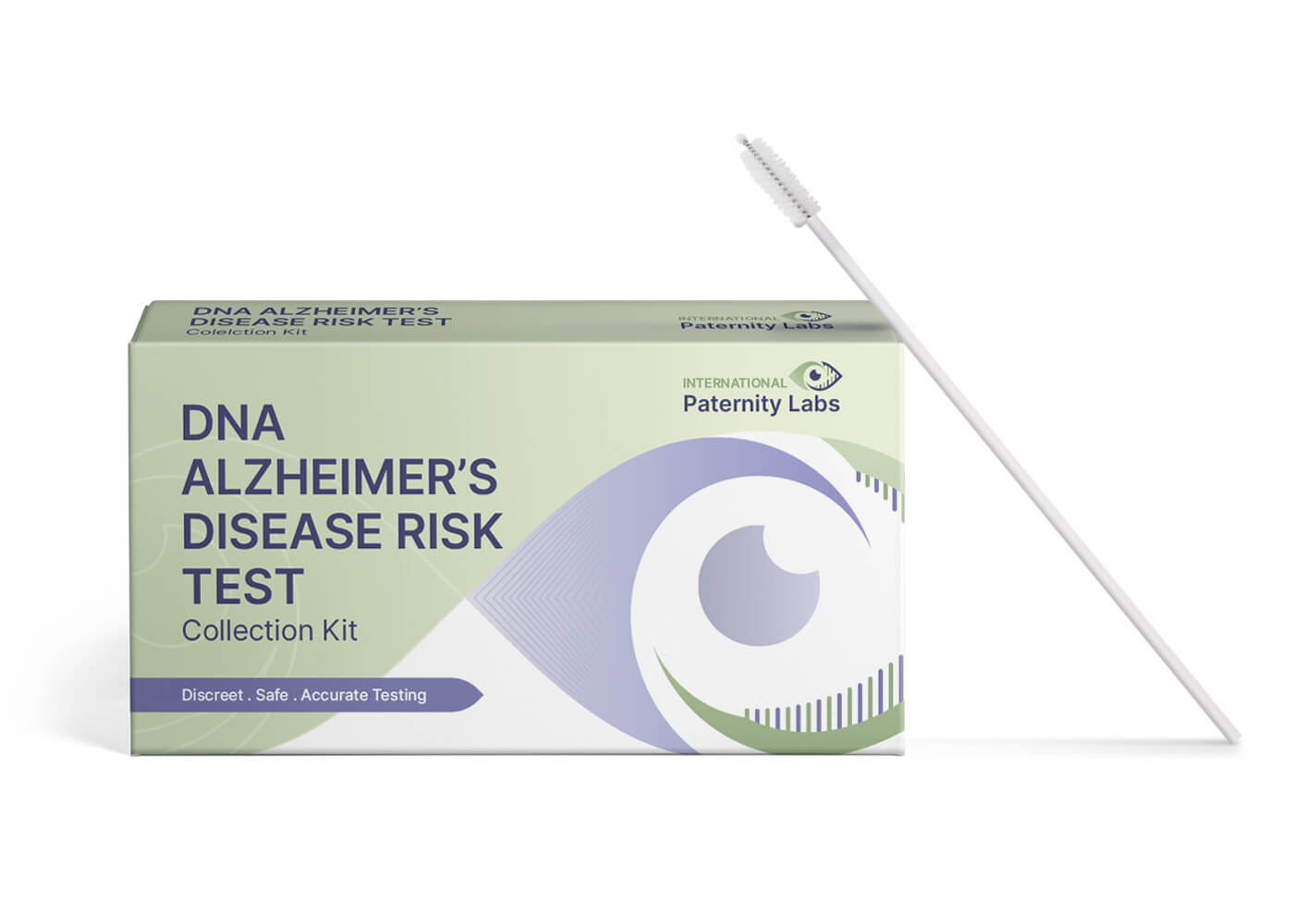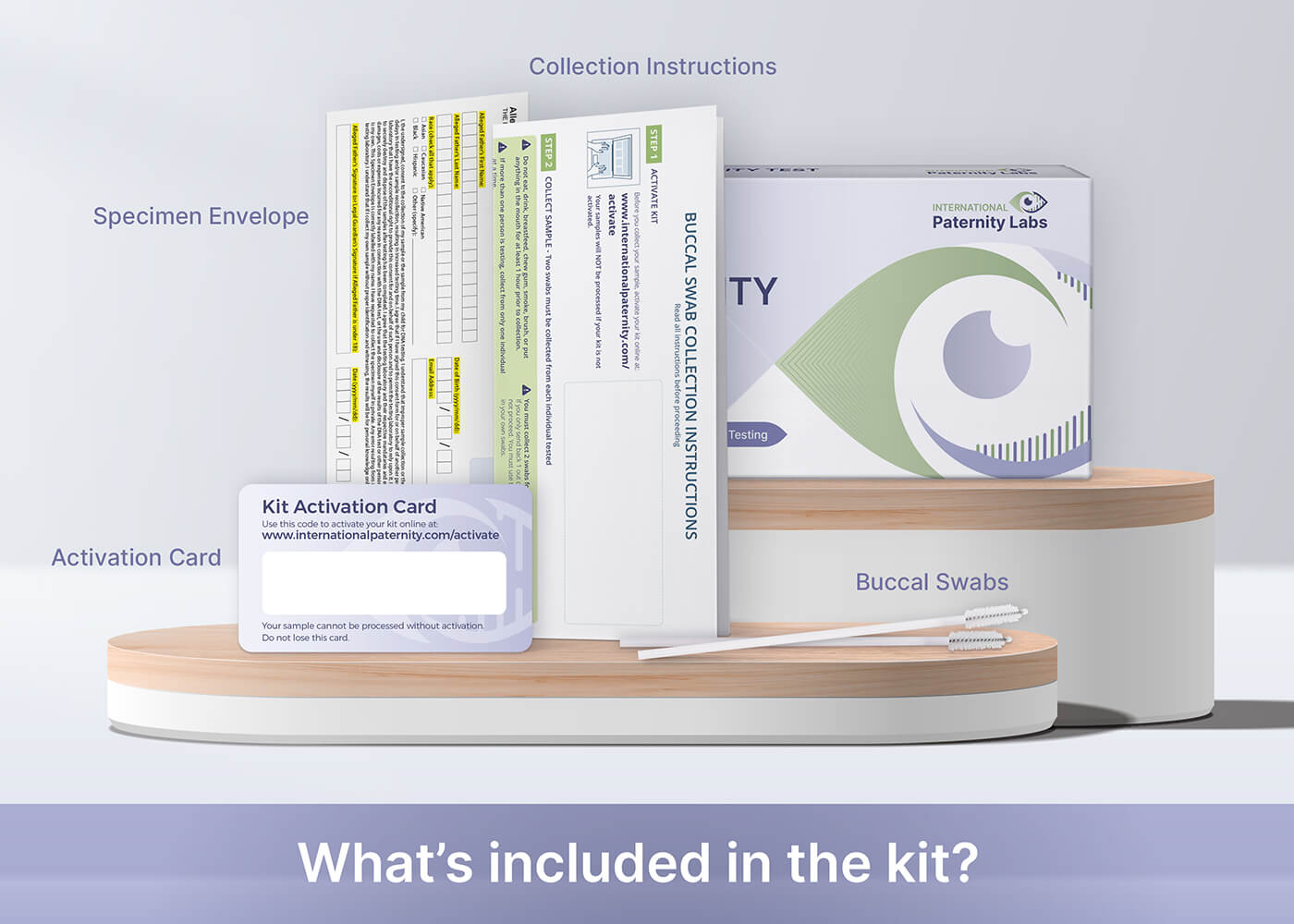DNA Alzheimer’s Disease Risk Test
Uncover your potential risk for late-onset Alzheimer’s disease, particularly if there is a family history of the condition.
- Simple buccal swab sample collection
- Discreet, Safe and Accurate
- Includes all laboratory fees
$195.00
DNA Tests

Order Your Confidential Home DNA Test Online!
About this test
Description
Alzheimer’s disease is a degenerative neurological disorder that gradually impairs memory and other cognitive functions. Late-onset Alzheimer’s disease accounts for over 90% of cases, with symptoms typically emerging after the age of 65.
The brains of individuals with Alzheimer’s disease exhibit two distinct abnormalities: plaques and tangles. Plaques, composed of a protein called beta-amyloid, disrupt communication between nerve cells. Tangles occur when tau proteins, which normally form parallel strings within nerve cells, disintegrate into a twisted mass. This collapse of tau tracks hinders the transport of vital nutrients and resources.
The accumulation of plaques and tangles leads to the destruction of cells, as observed in Alzheimer’s disease. By taking this test, you can determine whether you are at risk of developing this condition and make positive lifestyle changes to promote brain health.
Technical Info
The risk of developing late-onset Alzheimer’s disease is largely influenced by genetic factors, with the APOE gene being the strongest predictor. The APOE gene is responsible for producing apolipoprotein E, which plays a vital role in transporting fats, promoting neuronal growth, aiding in nerve regeneration, regulating the immune system, and repairing injuries in the central nervous system.
There are 3 common variations, or alleles, of the APOE gene: e2, e3, and e4. Each individual inherits two copies of the gene, and their genotype determines their risk of developing late-onset Alzheimer’s disease:
- e2/e2 – reduced risk
- e2/e3 – reduced risk
- e2/e4 – 3X increased risk
- e3/e3 – does not affect your risk
- e3/e4 – 3X increased risk
- e4/e4 – 10X to 15X increased risk
Knowing your APOE genotype can encourage early monitoring and prompt treatment to delay the onset or progression of Alzheimer’s disease.
100% Confidentiality
As our client, your privacy is extremely important to us, and we hold all information provided us in strict confidentiality. We will never sell, resell or make available your personal, or financial information to other companies or organizations. You will only be contacted using the method you choose, to confirm your order or to discuss your case. All communication is in the strictest confidence, and for that reason, we require you to create a password that will restrict access to your case. In addition, our privacy policies that have been established in our laboratory and offices safeguard the security of your case.




